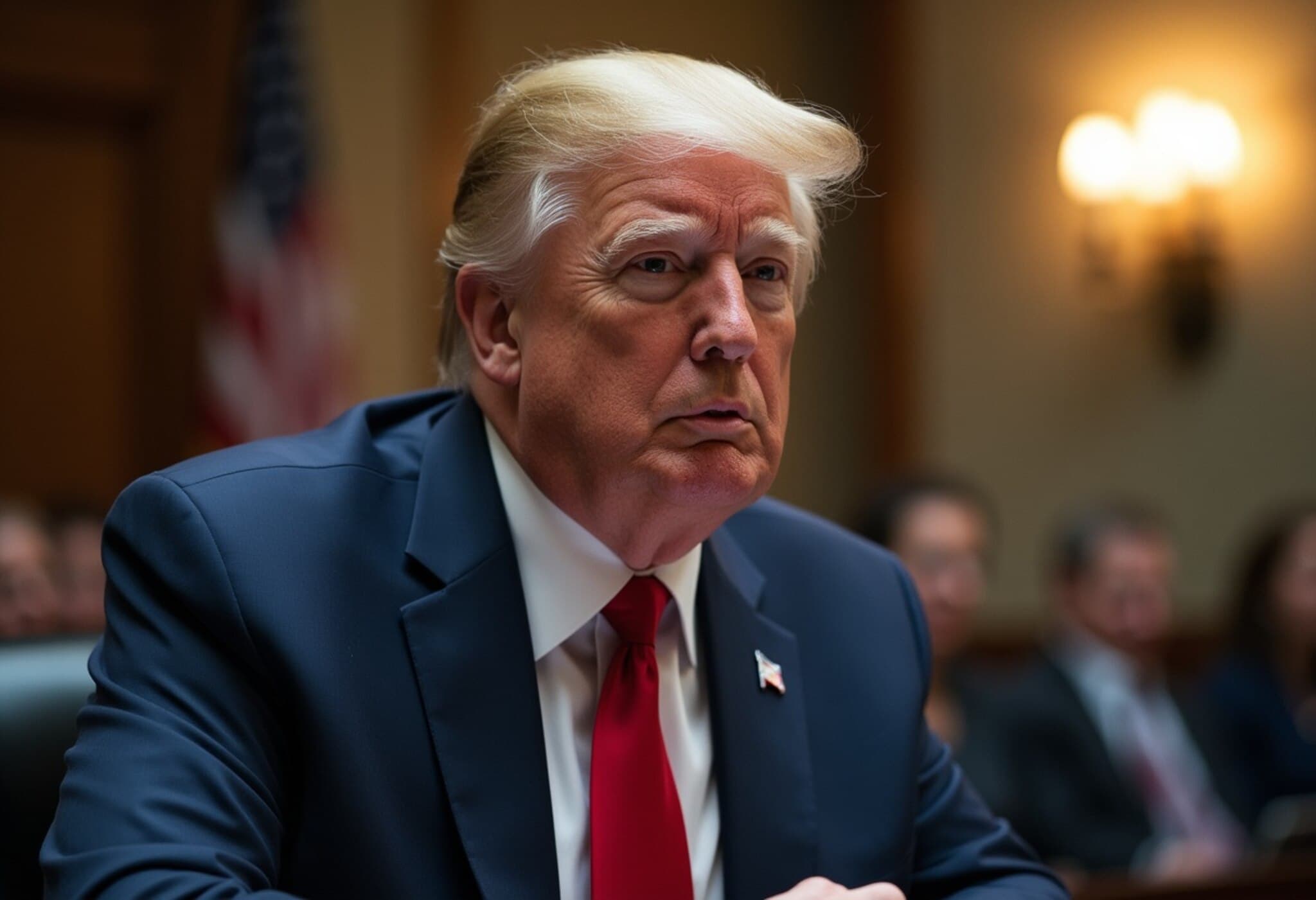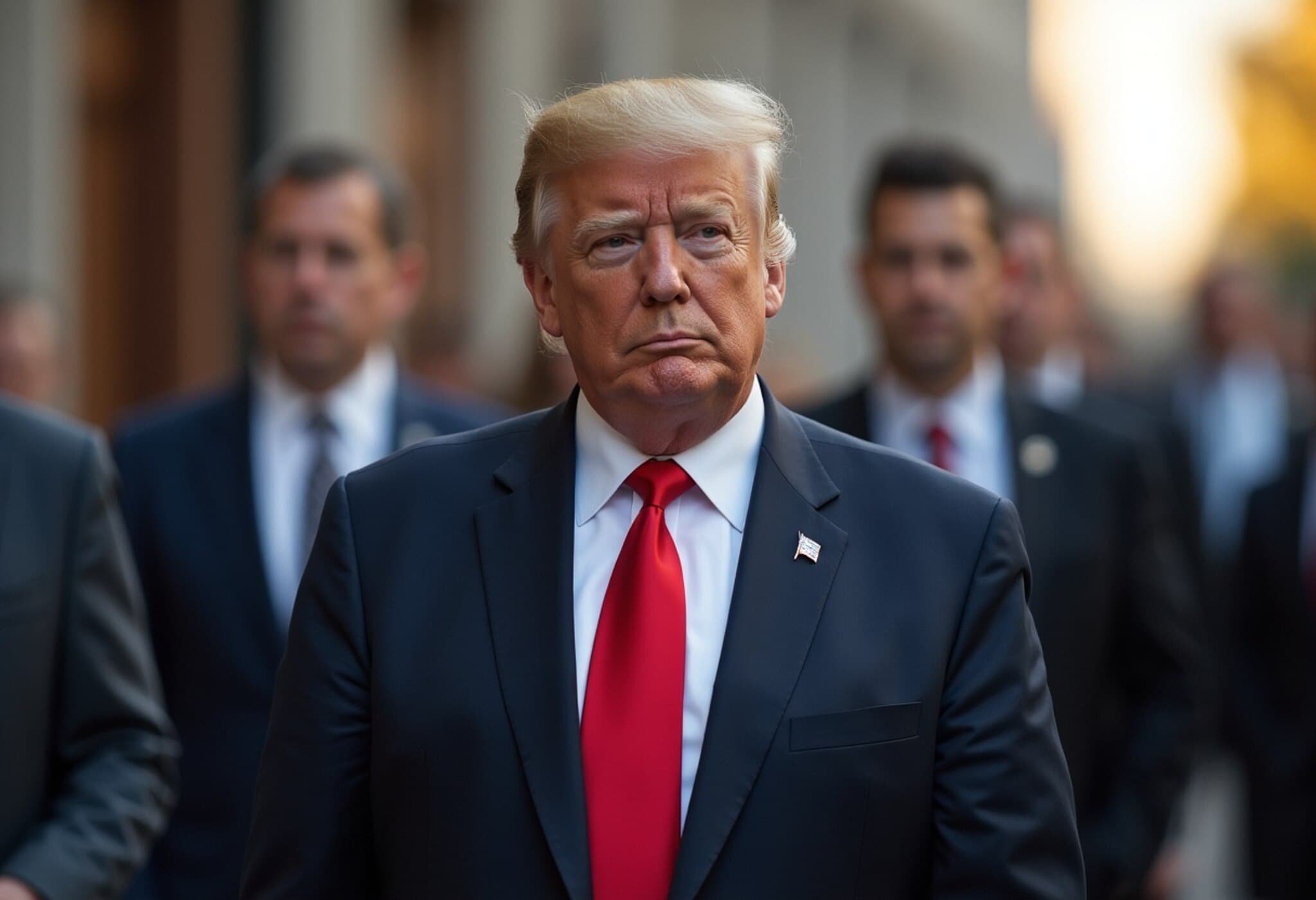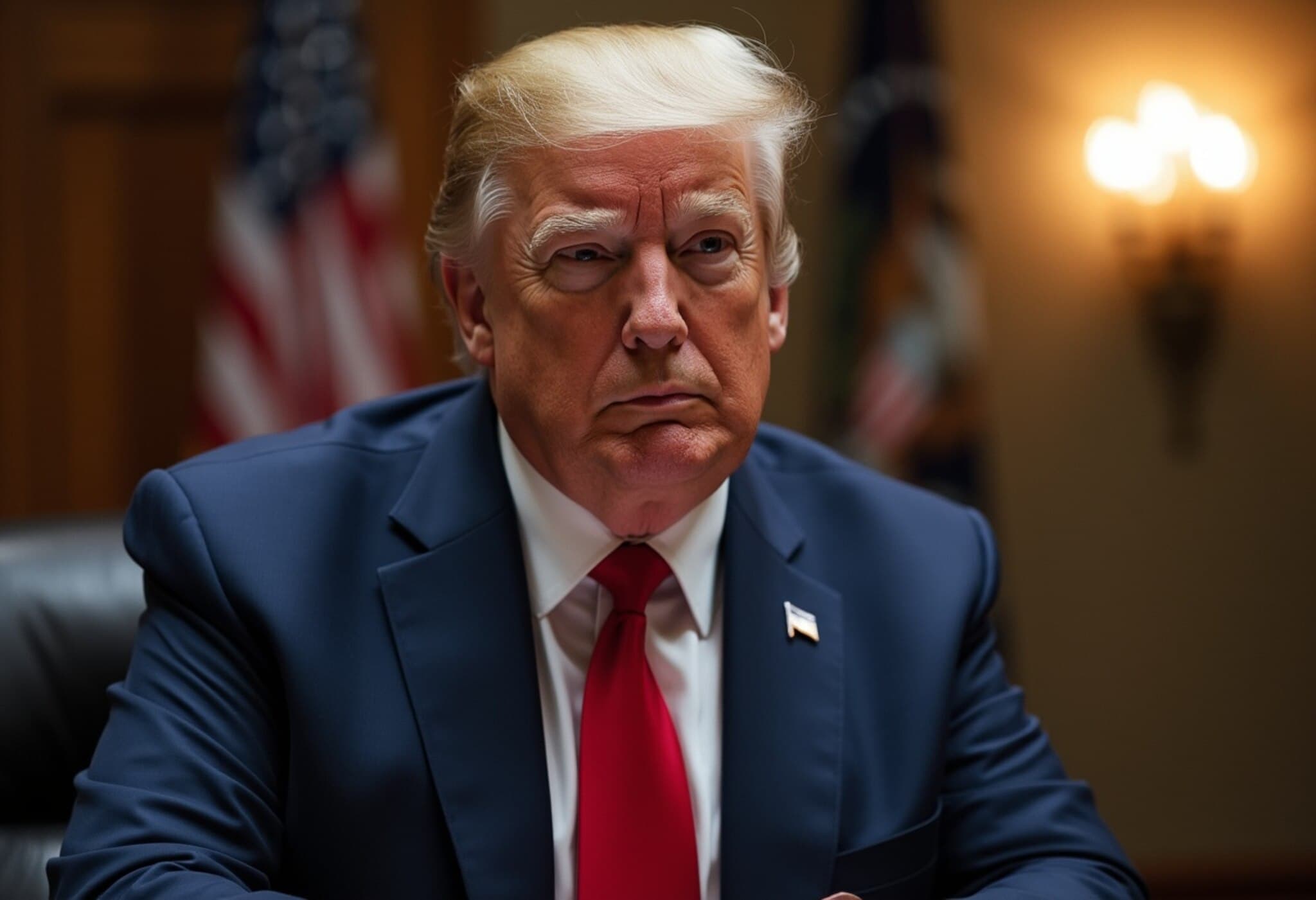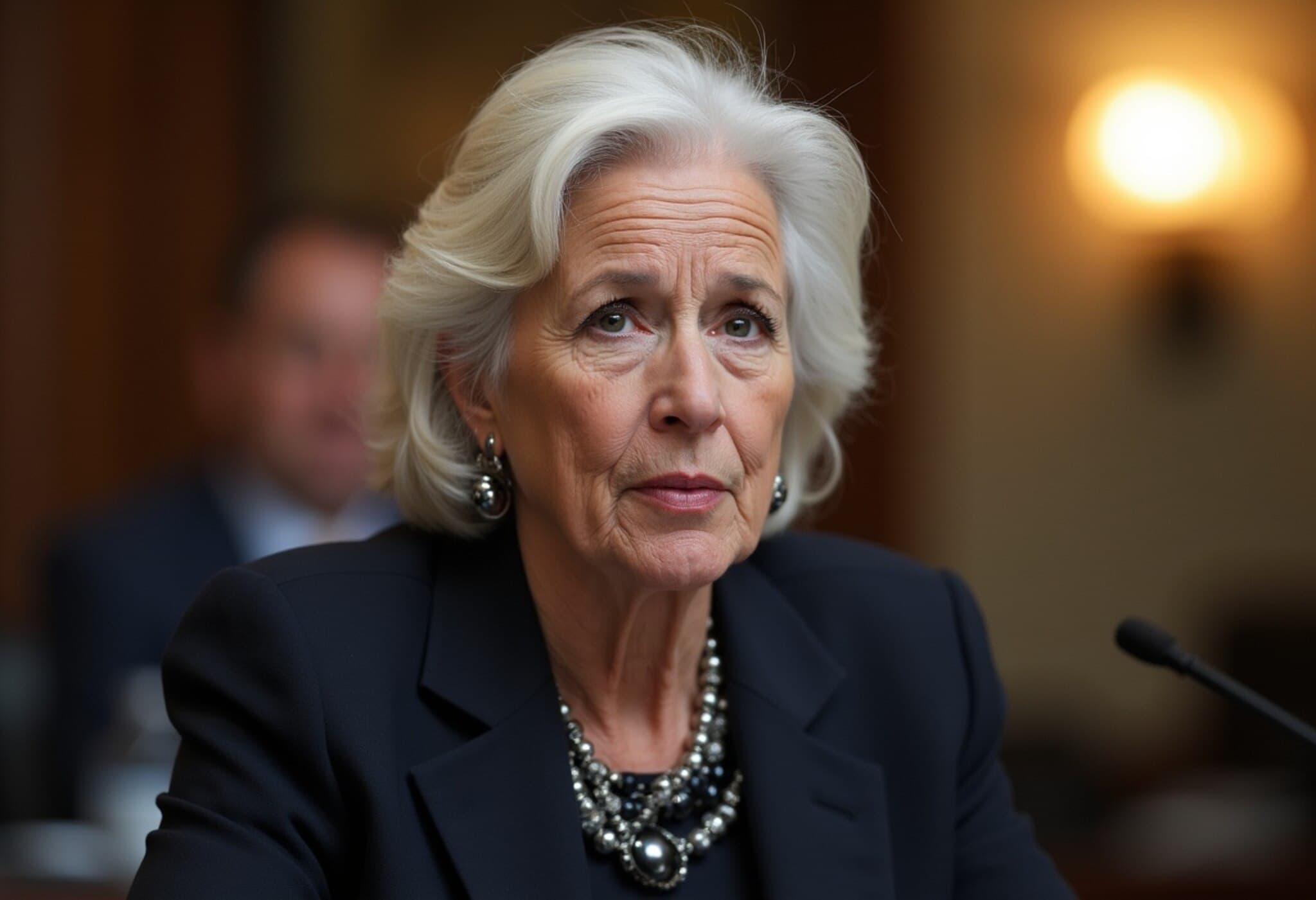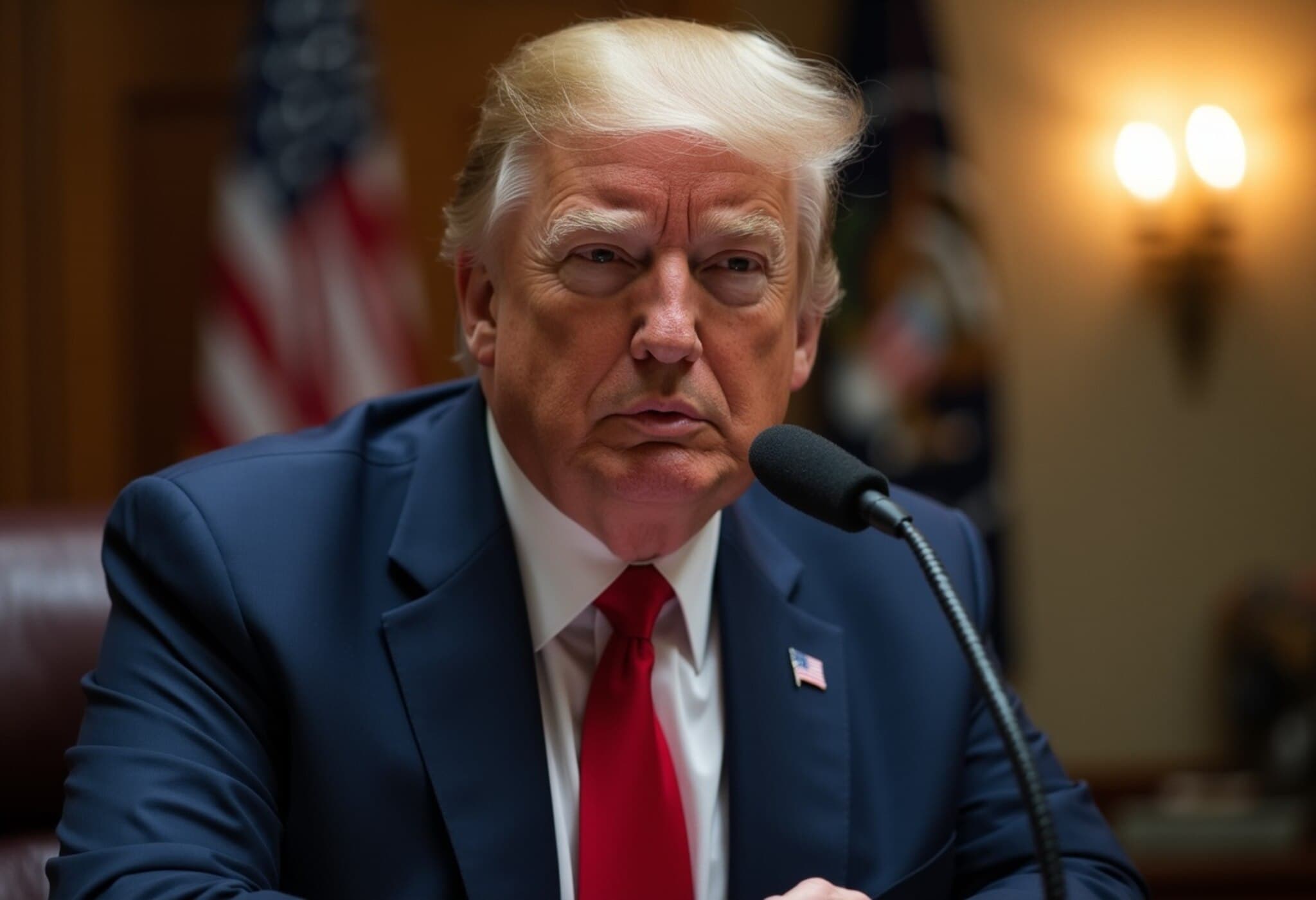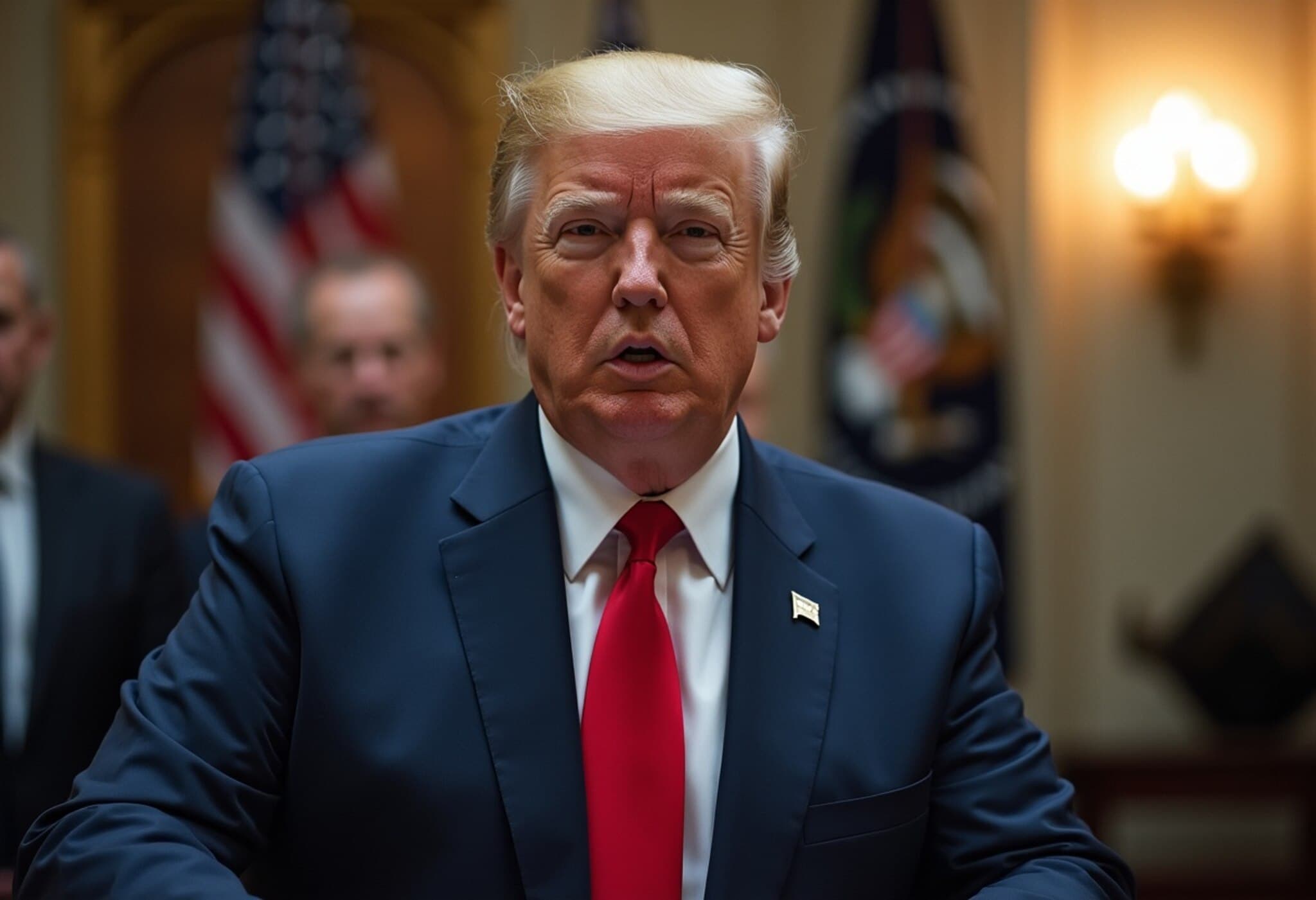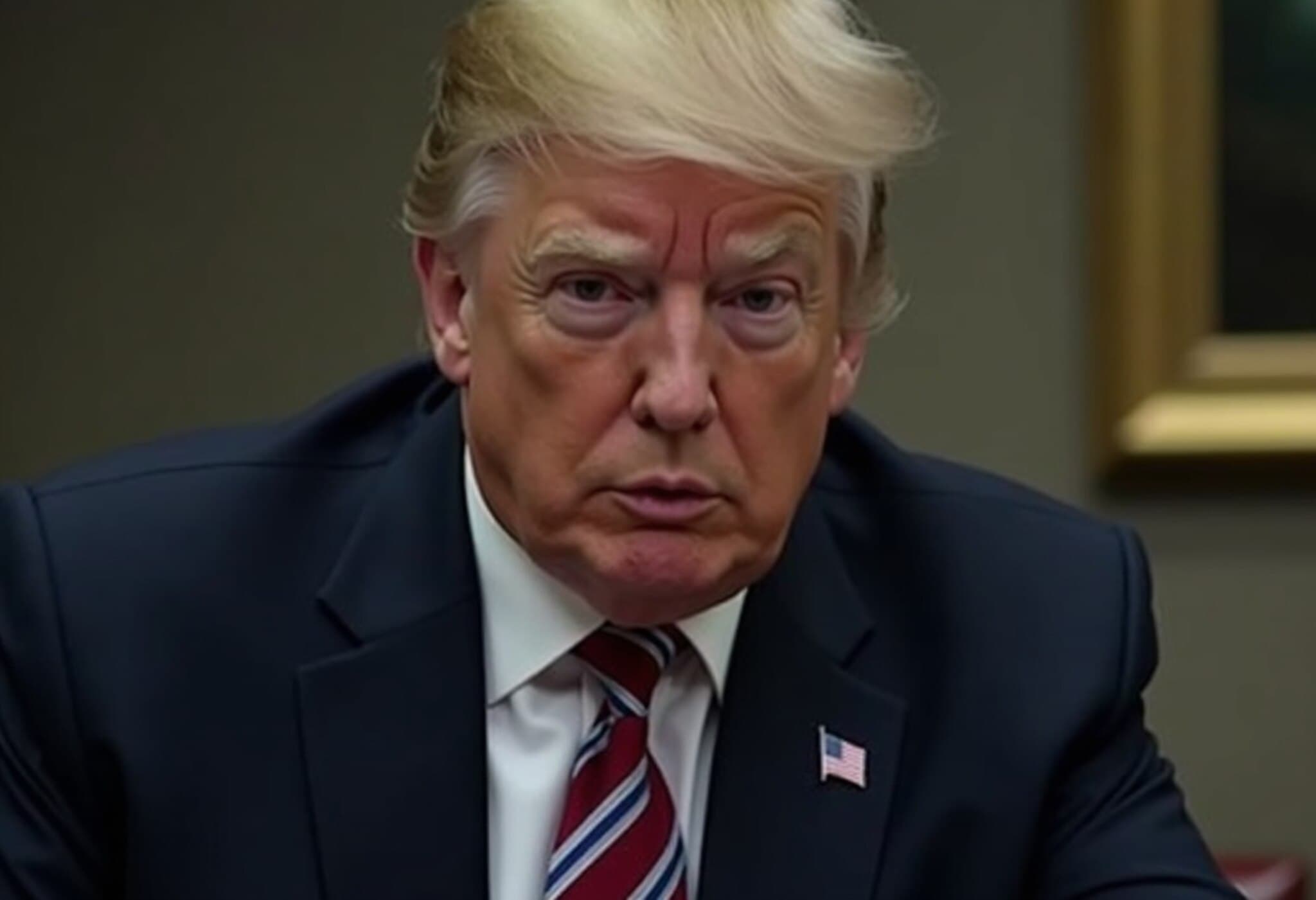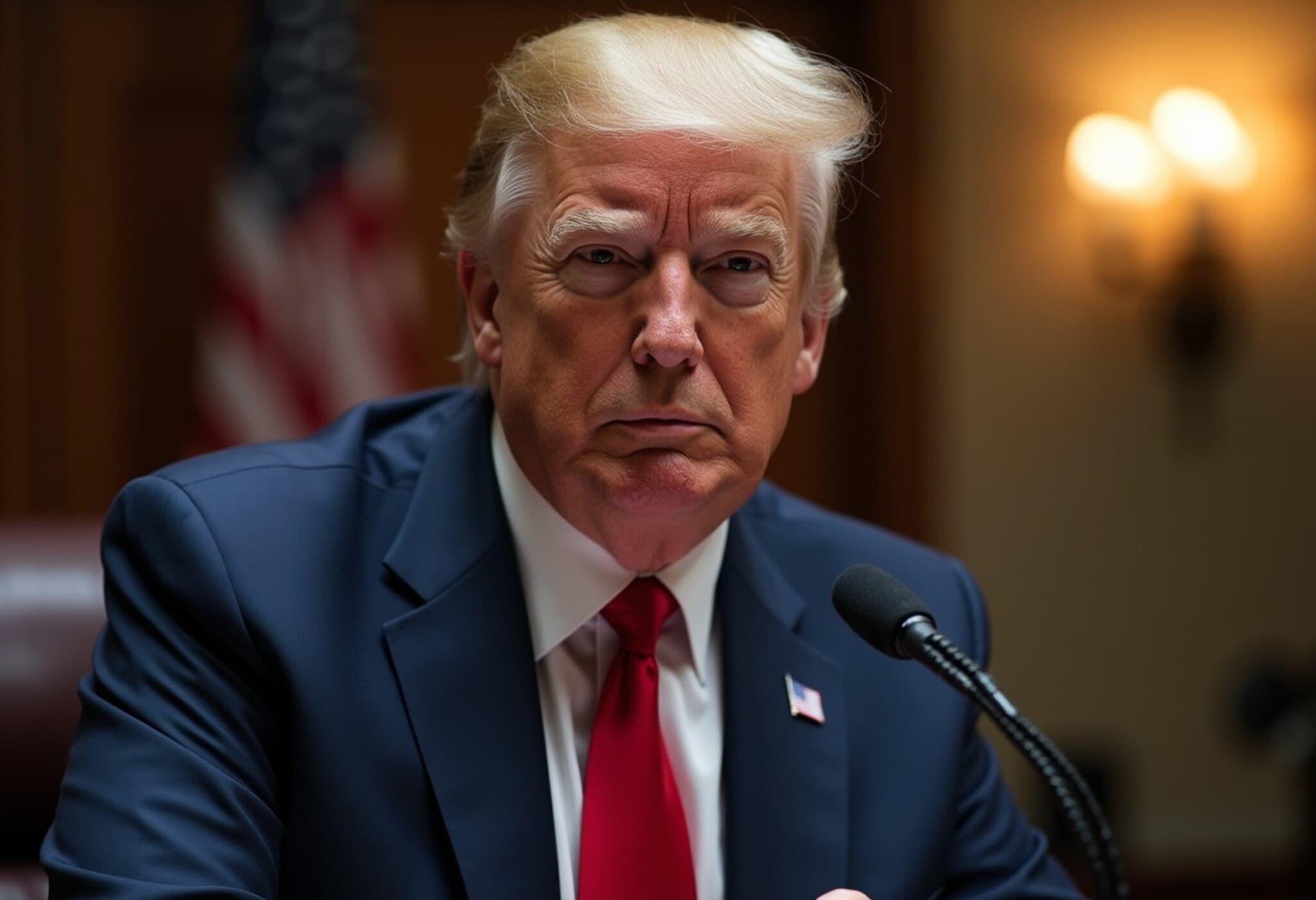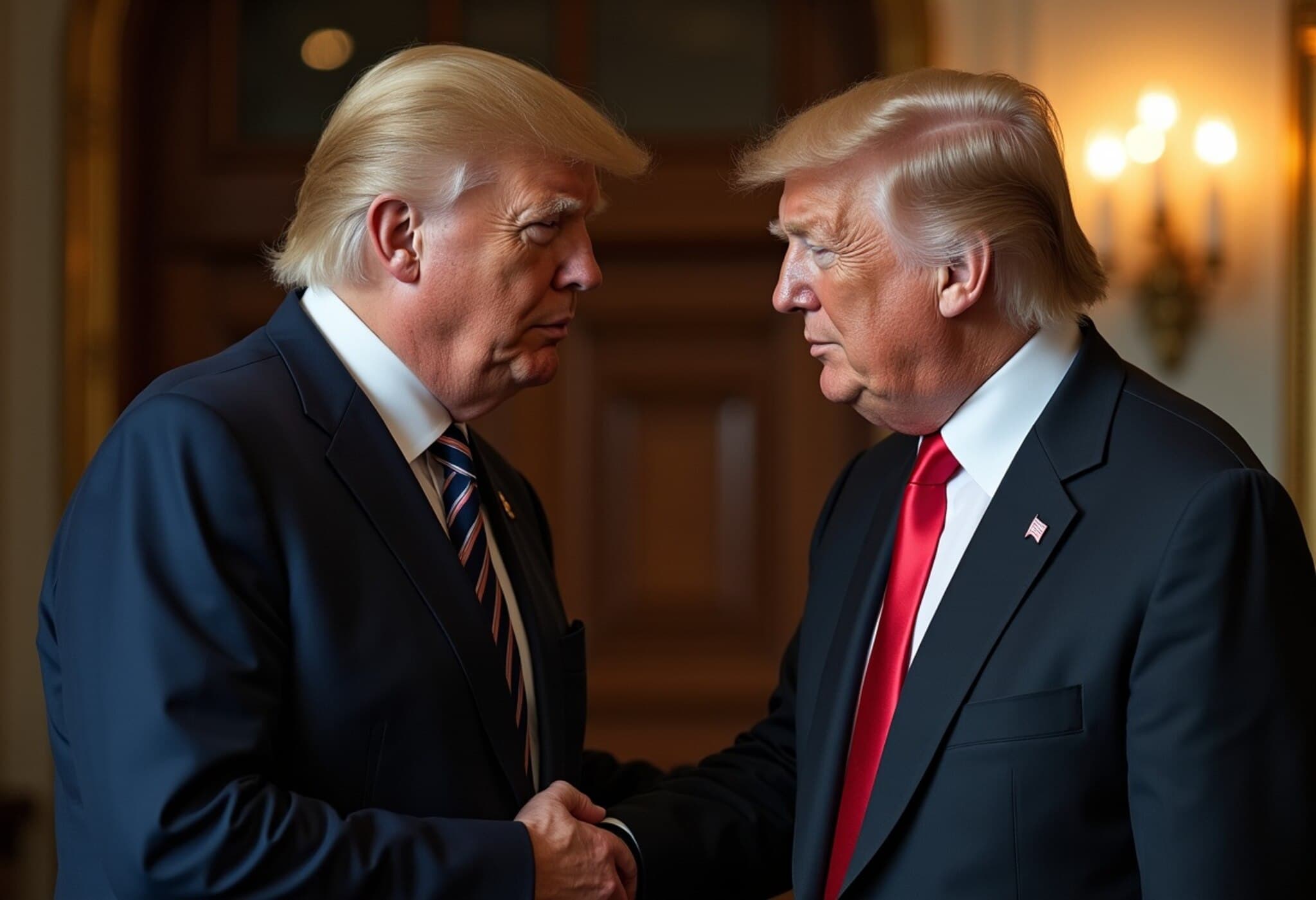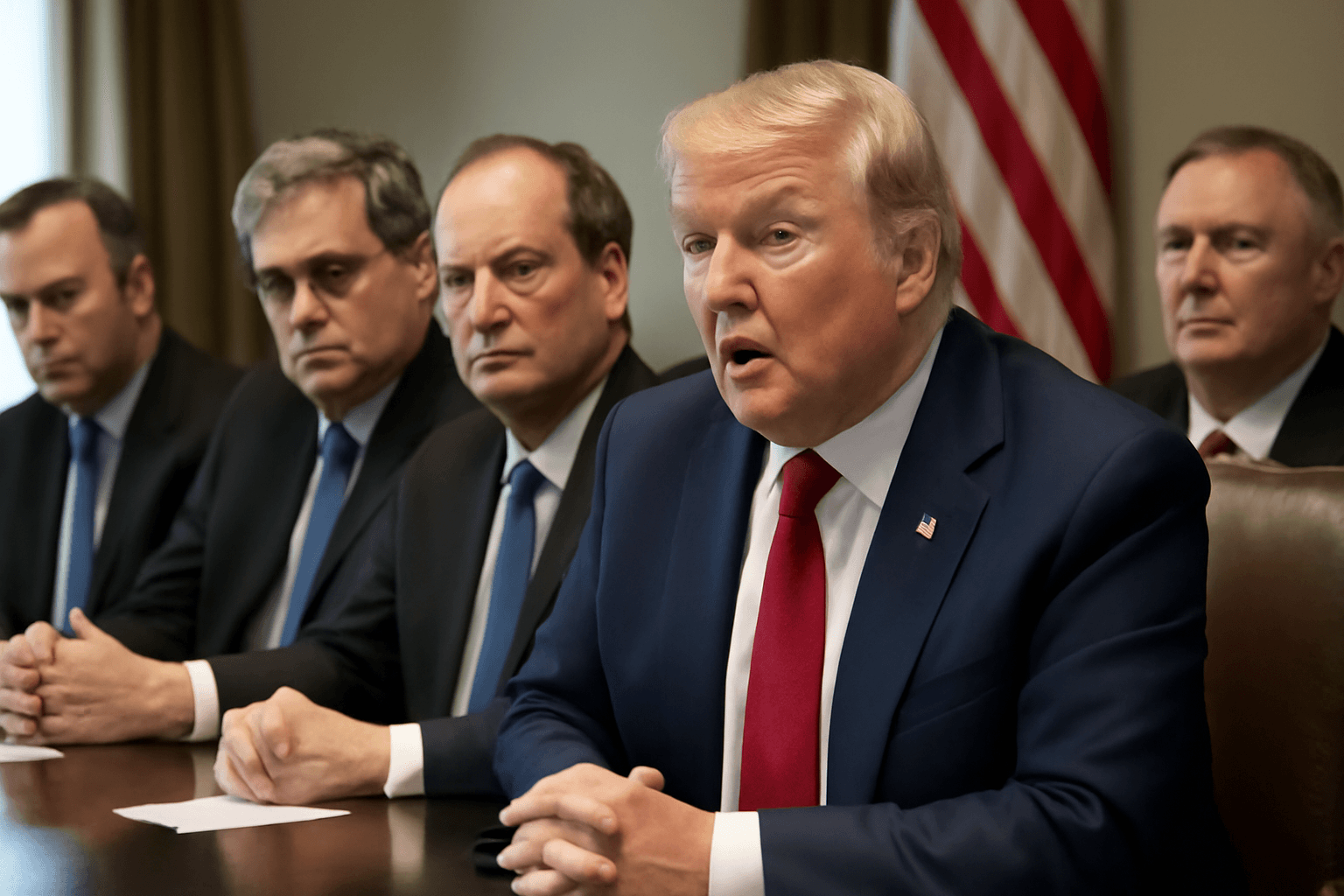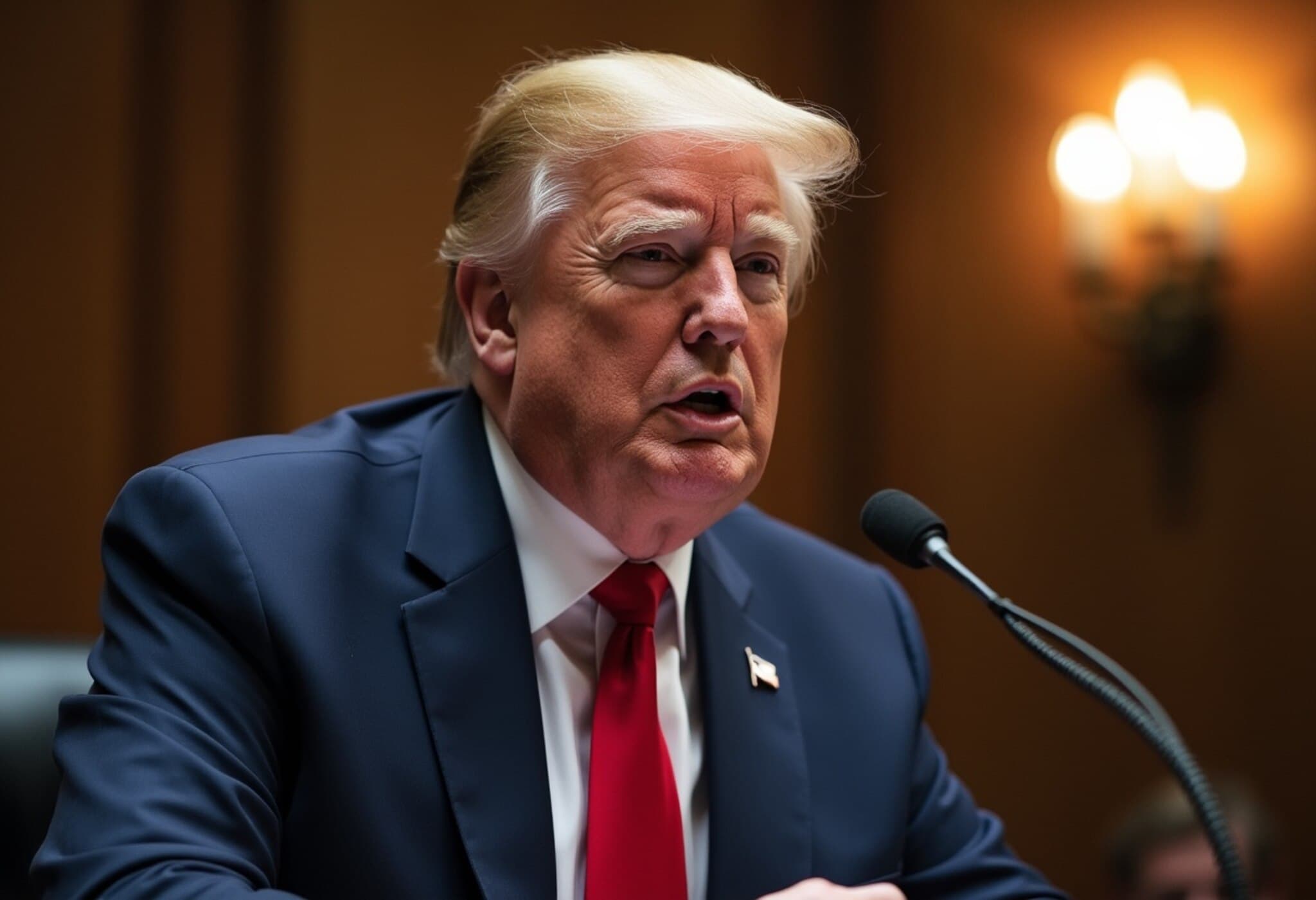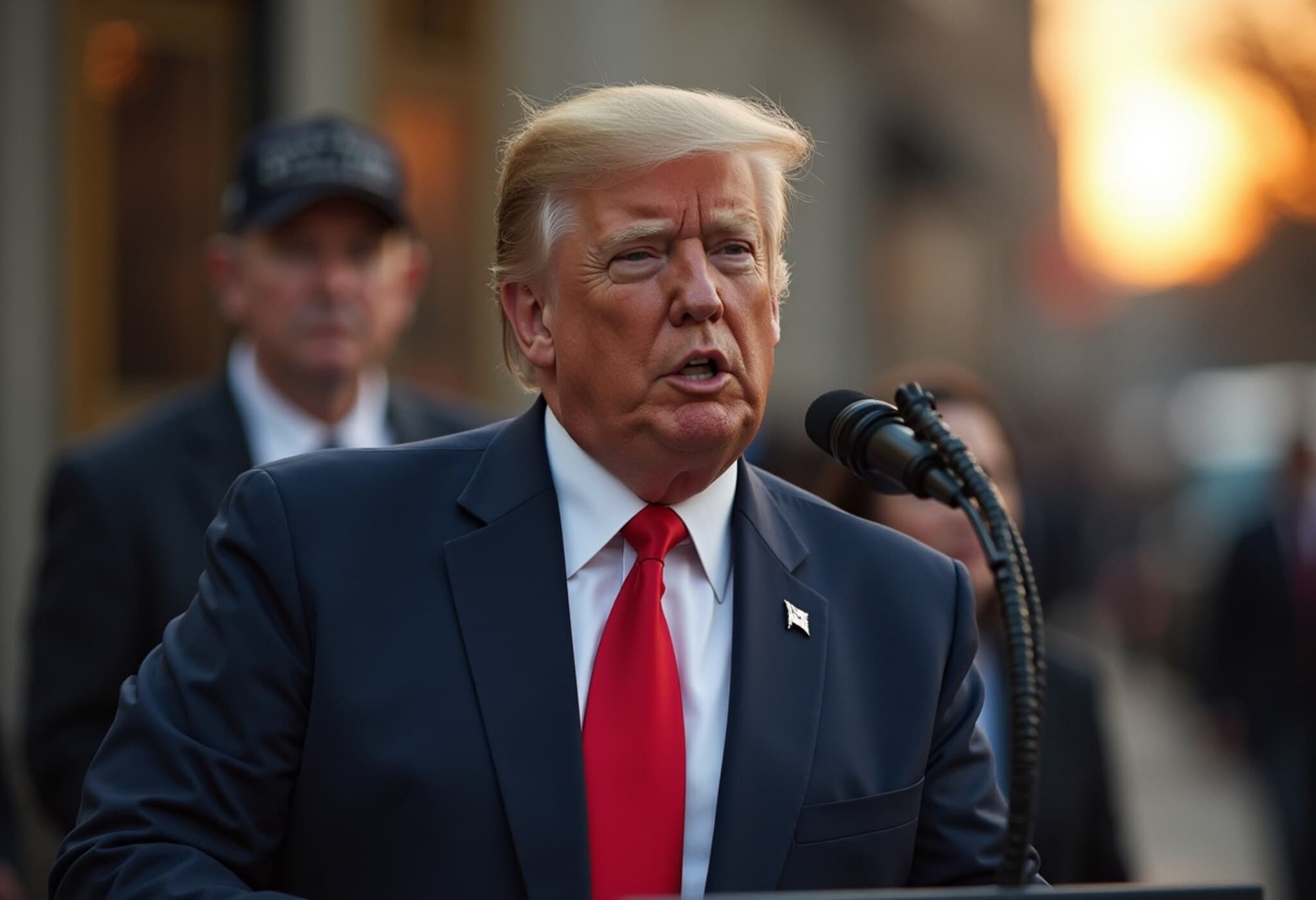FBI Directed to Flag Any Epstein Files Mentioning Donald Trump, Senator Durbin Reveals
In a startling disclosure that revives attention on the controversial Jeffrey Epstein investigation, Senator Richard Durbin, the top Democrat on the Senate Judiciary Committee, revealed that FBI agents assigned to review Epstein-related records were ordered to flag any documents mentioning President Donald Trump. This revelation comes amid growing scrutiny over the Justice Department’s handling of sensitive files connected to the disgraced financier and convicted sex offender.
Context of the Epstein Investigation and Trump’s Involvement
Jeffrey Epstein died by suicide in a Manhattan federal jail in August 2019 while awaiting trial on federal child sex trafficking charges. His extensive network of high-profile associates, including former President Trump, has been subject to intense public and congressional interest. Trump has a well-documented history of association with Epstein, though he has denied wrongdoing related to Epstein’s criminal activities.
Durbin’s letter, addressed to FBI Director Kash Patel and Deputy Director Dan Bongino, indicates that the FBI faced pressure to rapidly review about 100,000 Epstein-related records. According to Durbin, approximately 1,000 personnel in the FBI’s Information Management Division were placed on around-the-clock shifts from March 14 through the end of the month to process these documents under a stringent deadline. Additional support came from hundreds of FBI New York Field Office staff, many inexperienced in handling child victim protections or freedom of information laws.
“Flagging” Trump-Related Files
Durbin emphasized that instructions were given for personnel to specifically flag any files referencing Trump, a move that raises questions about the focus and impartiality of the review process. The request to prioritize Trump mentions could suggest either an intent to highlight potentially sensitive material or, conversely, to control the narrative around the President’s connection to Epstein.
“My office was told that these personnel were instructed to ‘flag’ any records in which President Trump was mentioned,” Durbin wrote in his letter. This raises critical concerns about transparency, given prior commitments from the Justice Department to release more evidence related to Epstein’s crimes and the people connected to him.
Legal and Political Ramifications
Durbin’s inquiries to the DOJ and FBI seek clarification on what his offices call “apparent discrepancies regarding the handling of the Epstein files” in light of a DOJ memorandum from July 7, 2025. The memo’s instructions reportedly contrast with what FBI agents were told in the field, leading to potential conflicts in record management and disclosure policies related to Epstein’s case.
- Trump’s Response: The former President has dismissed calls for the release of Epstein-related documents as a “hoax” and criticized Attorney General Pam Bondi for withholding evidence.
- Media Reports: The Wall Street Journal recently reported on a controversial letter purportedly written by Trump to Epstein in 2003, which Trump strongly denies, vowing legal action against the publication.
- Broader Inquiry: The Senate Judiciary Committee bears oversight responsibility for Justice Department and FBI actions, making Durbin’s critique especially noteworthy.
Expert Analysis: The Stakes of Transparency in Epstein’s Shadow
From a legal and policy perspective, the deliberate flagging of Trump-related materials invites serious questions about how politically sensitive information is managed within federal agencies. Transparency advocates argue that withholding or selectively highlighting such files may hinder justice and public understanding.
Moreover, the accelerated review timeline reportedly imposed on FBI personnel, some lacking expertise in child protection statutes and Freedom of Information Act (FOIA) compliance, suggests a process vulnerable to errors, oversight, and potential manipulation.
For American citizens, this is more than a procedural issue; it touches on the integrity of institutions meant to uphold accountability irrespective of political standing. It also underscores the ongoing challenge Congress faces in balancing national security, privacy laws, and the public’s right to scrutinize the powerful.
Underreported Dimensions and Critical Questions
- How does the FBI ensure impartiality when handling politically charged investigations?
- What safeguards exist to prevent politically motivated filtering or withholding of records?
- Given the sheer volume of documents, what quality control methods are in place to protect victim confidentiality and ensure accurate disclosure?
- How might revelations like Durbin’s influence public trust in the Justice Department and FBI?
Conclusion
Senator Durbin’s disclosures not only add fuel to the debate over the FBI’s handling of Epstein case materials but also shine a spotlight on the complex interplay between politics, justice, and media narratives. As investigations continue and congressional oversight intensifies, the American public and policymakers alike must wrestle with how to maintain transparency and fairness in high-profile probes shadowed by immense political sensitivities.
Editor’s Note
Durbin’s revelation about the FBI’s directive to flag Trump mentions in Epstein-related files offers a rare window into the challenges federal agencies face when navigating politically sensitive investigations. It prompts reflection on balancing national security, victim protection, and the public’s right to know. Going forward, close congressional scrutiny and transparency will be essential to restoring trust and ensuring justice is not compromised by political interests.

